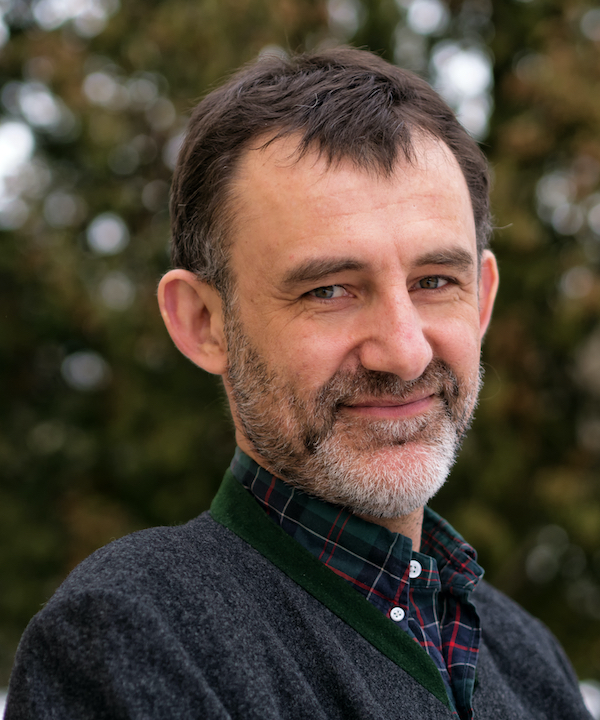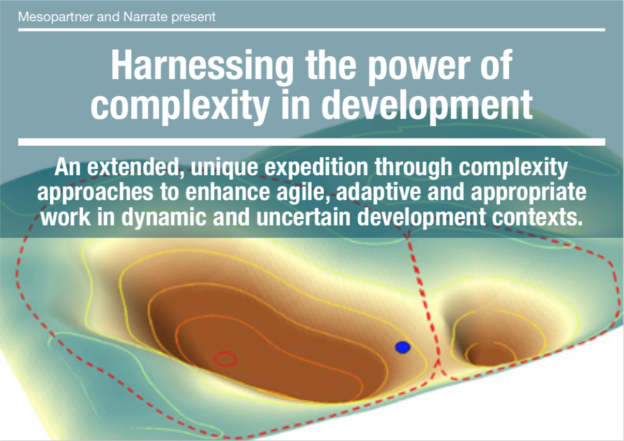In 2013, Richard Hummelbrunner and Harry Jones asked: “How can policy makers, managers and practitioners best plan in the face of complexity?”
Seven years later the search for answers to that question continues through different initiatives and programmes. For example, the Doing Development Differently Manifesto was published at the end of 2014. Matt Andrews and his colleagues at the Building State Capability program launched a successful online course on Problem Driven Iterative Adaptation and published a book in 2017. David Booth has written extensively about the adaptive and iterative approach of the Coalitions For Change programme of The Asia Foundation in The Philippines.

So, where are we in this discussion? What are the challenges around transitioning ideas from complexity into projects and programmes? To answer these questions I have reached out to Arnaldo Pellini, founder of Capability, to hear about his experiences working with development initiatives and discuss some of the open questions we are yet to answer.
Continue reading


